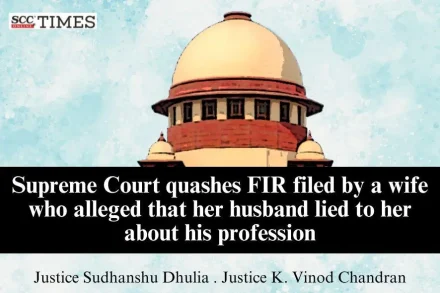
Supreme Court quashes FIR filed by a wife who alleged that her husband lied to her about his profession
The wife had alleged that she married the Appellant-husband because he was an Eye Surgeon, but he turned out to be an Optometrist.

The wife had alleged that she married the Appellant-husband because he was an Eye Surgeon, but he turned out to be an Optometrist.
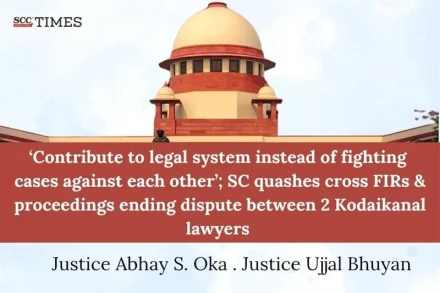
“Even if the litigants do not understand what is in their best interest, it is the duty of the Court to deliver substantial justice.”
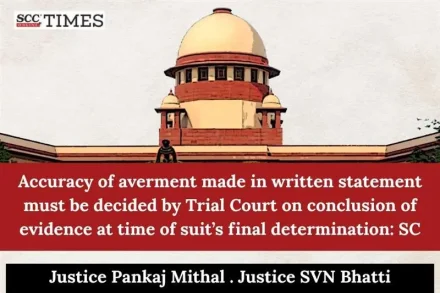
Counsel for the appellant argued that allegations in the FIR do not constitute any offence. If any averment made in the written statement or the affidavit filed before the Civil Court is incorrect or false, it is for the Civil Court to decide the same.

“Statement of prosecutrix recorded under Section 164 of CrPC cannot be given preference over the FIR and the statement recorded under Section 161 of CrPC.”
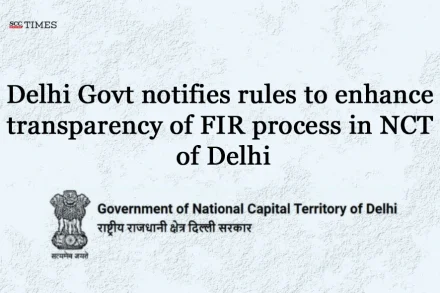
FIR filed electronically has to be signed by the informant within 3 days.

The special court passed the order on the complaint filed by Sapan Shrivastava, a media reporter, seeking investigation into the alleged offences committed by the accused persons, involving large scale financial fraud, regulatory violations, and corruption.

The complainant is asserted to be an extremely influential person, who runs a number of famous Night Clubs in Delhi and has close proximity with high-ranking police officials and deep-rooted connections with gangsters Lawrence Bishnoi and Goldy Brar.

Such matters are now filed in the heat of the moment on advice of counsel by exaggerating and misconstruing actual events. However, this does not mean that genuine cases of harassment didn’t exist, and it is not blind to the ground reality of the deeply rooted social evil of greed for dowry.
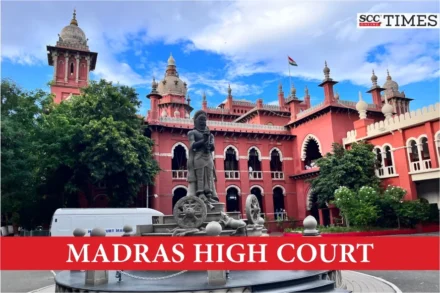
“A reading of the complaint does not attract the provisions of Section 75 of BNS or Section 4 of the Prohibition of Harassment of Women Act. Furthermore, as the other offences are bailable, I am inclined to grant bail to the accused with certain conditions.”
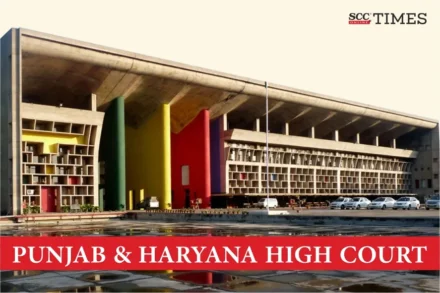
“Launching of prosecution by the complainant is nothing, but an example of giving a cloak of criminal offence to the contractual matter of procurement and transportation of foodgrains”.
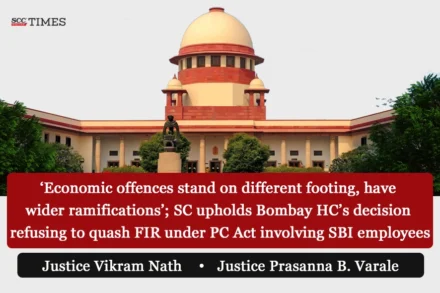
SBI suffered losses of Rs. 6.13 Crores approximately, causing a substantial injury to the public exchequer and consequently, hampering the public interest…“Economic offences affect the economy of the country as a whole and pose a serious threat to the financial health of the country. If such offences are viewed lightly, the confidence and trust of the public will be shaken.”
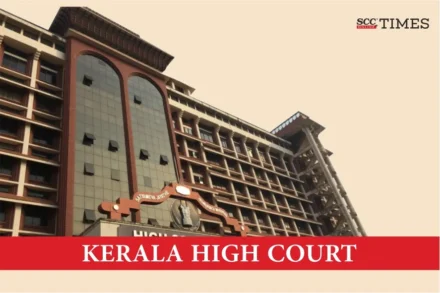
“We are aware of the seriousness of the allegations made by the Petitioners in their complaint, however, this appeal raises broader issues that relate to the exercise of independent jurisdiction by the Magistrate.”
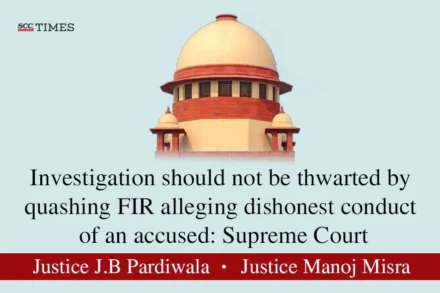
The Court also reiterated that FIR is not an encyclopedia of all imputations. Therefore, to test whether an FIR discloses commission of a cognizable offence, what is to be looked at is not any omission in the accusations, but the gravamen of the accusations contained therein to find out whether, prima facie, some cognizable offence has been committed or not.

In September 2024, the Supreme Court and various High Courts engaged in significant discussions on criminal law, focusing on critical issues such as Kolkata Rape and Murder Case; Delhi excise liquor policy scam; Cash-for-job scam. Key rulings emphasized the balance between individual rights and public interest. Overall, these discussions reflect a dynamic legal landscape committed to upholding justice amid evolving challenges.

Supreme Court directed that the accused be released on bail, on such terms and conditions as may be imposed by the Trial Court. However, if the Trial Court or the State finds that the accused who has been granted bail is delaying the trial, they can approach this Court by way of an application to recall this order.
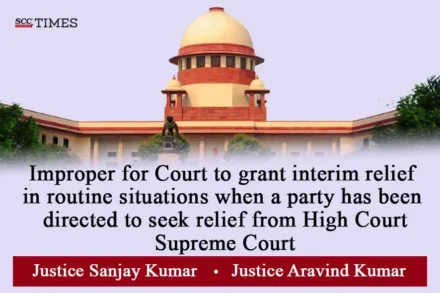
“When a party is relegated to the High Court to pursue its remedies, it would not be proper, in the normal course, to bind the said High Court with directions in relation to the proceedings to be impugned before such Court.”
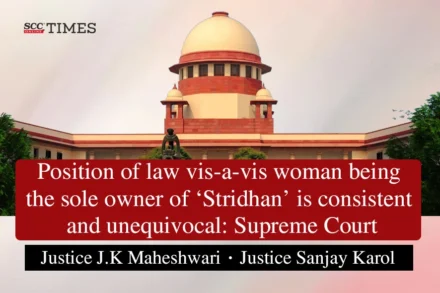
The Court found that insofar as Section 406, IPC was concerned, no cognizable offence was visible on the face of the record. Furthermore, charges under S. 6 of Dowry Prohibition Act were not made out either, against the appellants
,

“The legislative intent through Section 509 is to deter an action capable of shocking the sense of decency of a woman. The manner in which the offender shocks such sense of a woman is not restricted to oral abuse or gesture alone, but also include statements, speeches, exclamations, notes, all of which could be in a text form relayed whether physically or electronically.”
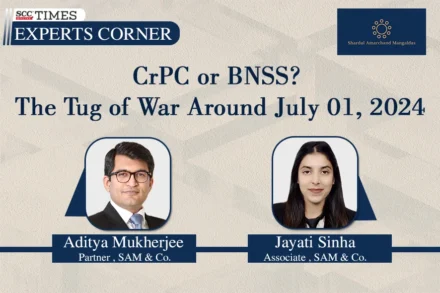
by Aditya Mukherjee* and Jayati Sinha**